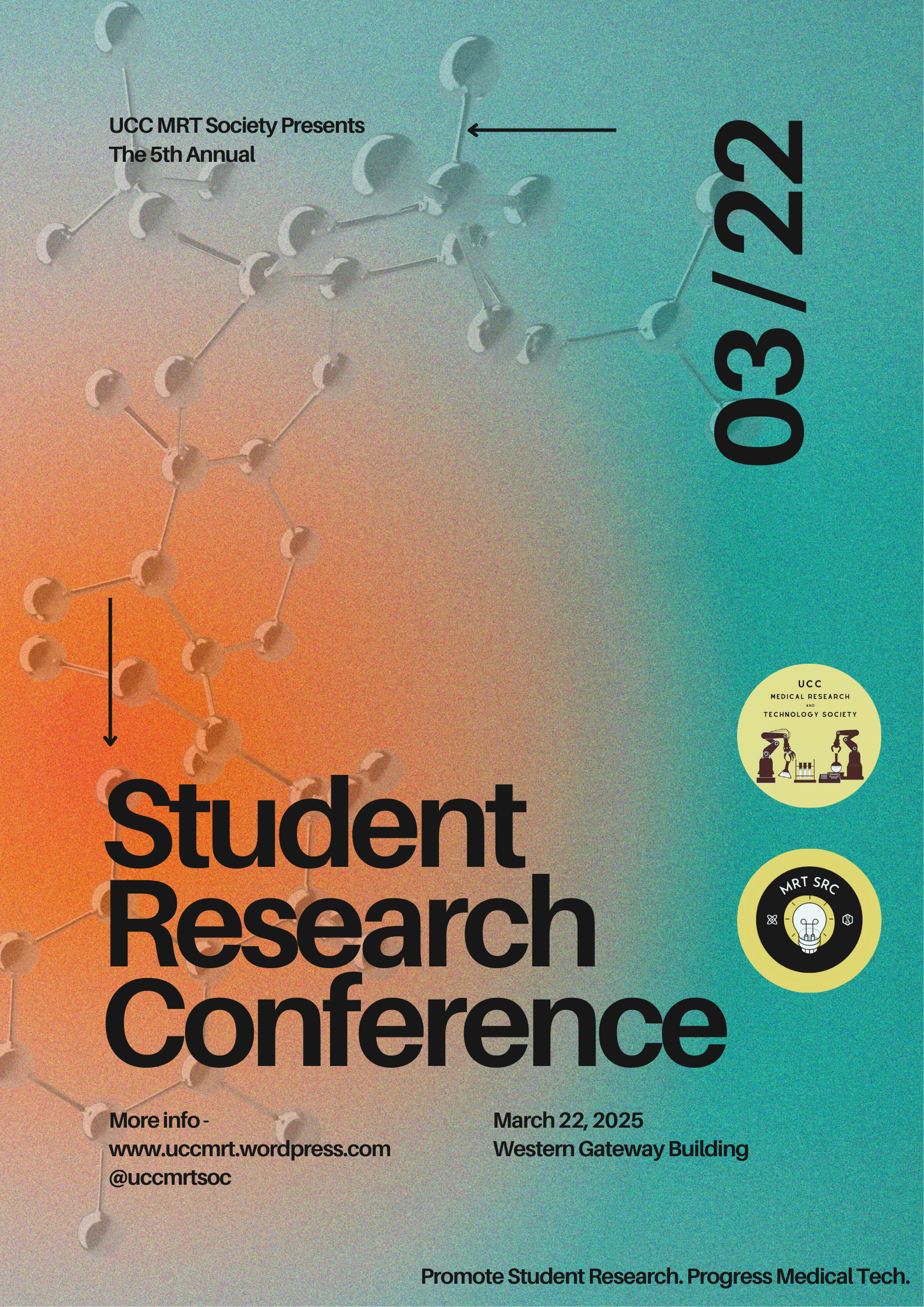Predictive markers for treatment response in metastatic KRASmutant non-small cell lung cancer
DOI:
https://doi.org/10.33178/SMJ.2025.1.25Abstract
Background: Non-small-cell lung carcinoma (NSCLC) represents 85% of all lung cancer cases, with Kirsten Rat Sarcoma Virus (KRAS) being the most commonly detected mutation. This study retrospectively reviews patient charts and databases to identify specific markers linked to favorable and poor responses to treatment in a tertiary care setting.
Methods: Pre-treatment hematological, pathological, and biochemical data were gathered from 70 patients diagnosed with KRAS-mutant NSCLC at Cork University Hospital between January 1, 2017, and December 31, 2021. Patients were categorized by radiological response to treatment and progression-free survival (PFS). Statistical analysis was performed using SPSS v29, with parametric data expressed as mean (SD) and nonparametric data as median [IQR]. T-tests, Chi-squared tests, and Mann-Whitney U tests were employed, with a significance level of p <0.05.
Results: The average age of patients was 66 years (10.2), with an age range of 36-86 years. The median PFS was 36 weeks [74.5], and overall survival (OS) was 55.6 weeks [88.3]. Patients with progressive disease (PD) had higher levels of neutrophils (p = 0.015), neutrophil-to-lymphocyte ratio (NLR) (p = 0.04), and platelet-to-lymphocyte ratio (PLR) (p = 0.026) compared to those with partial response (PR) to treatment. Patients with poor PFS showed increased platelet counts (p = 0.047, 95% CI [-112.3, -0.796]), NLR (p = 0.001), and PLR (p = 0.004), as well as reduced serum albumin (p = 0.022, 95% CI [1.06, 13.25]) and lymphocytes (p = 0.010, 95% CI [0.121, 0.879]) in comparison to those with good PFS. KRAS mutation subtype and tumor pathology had no significant effect on treatment response. Chemotherapy treatment was associated with significantly longer PFS compared to other treatment types (p <0.001).
Conclusion: Certain patient-specific biomarkers were associated with poorer radiological response to treatment and reduced PFS. These biomarkers could be useful for clinicians when assessing treatment plans and for prognostication of these patients.
References

Downloads
Published
Issue
Section
Categories
License
Copyright (c) 2025 Emily Ryan, Dearbhaile Collins

This work is licensed under a Creative Commons Attribution-NonCommercial 4.0 International License.









